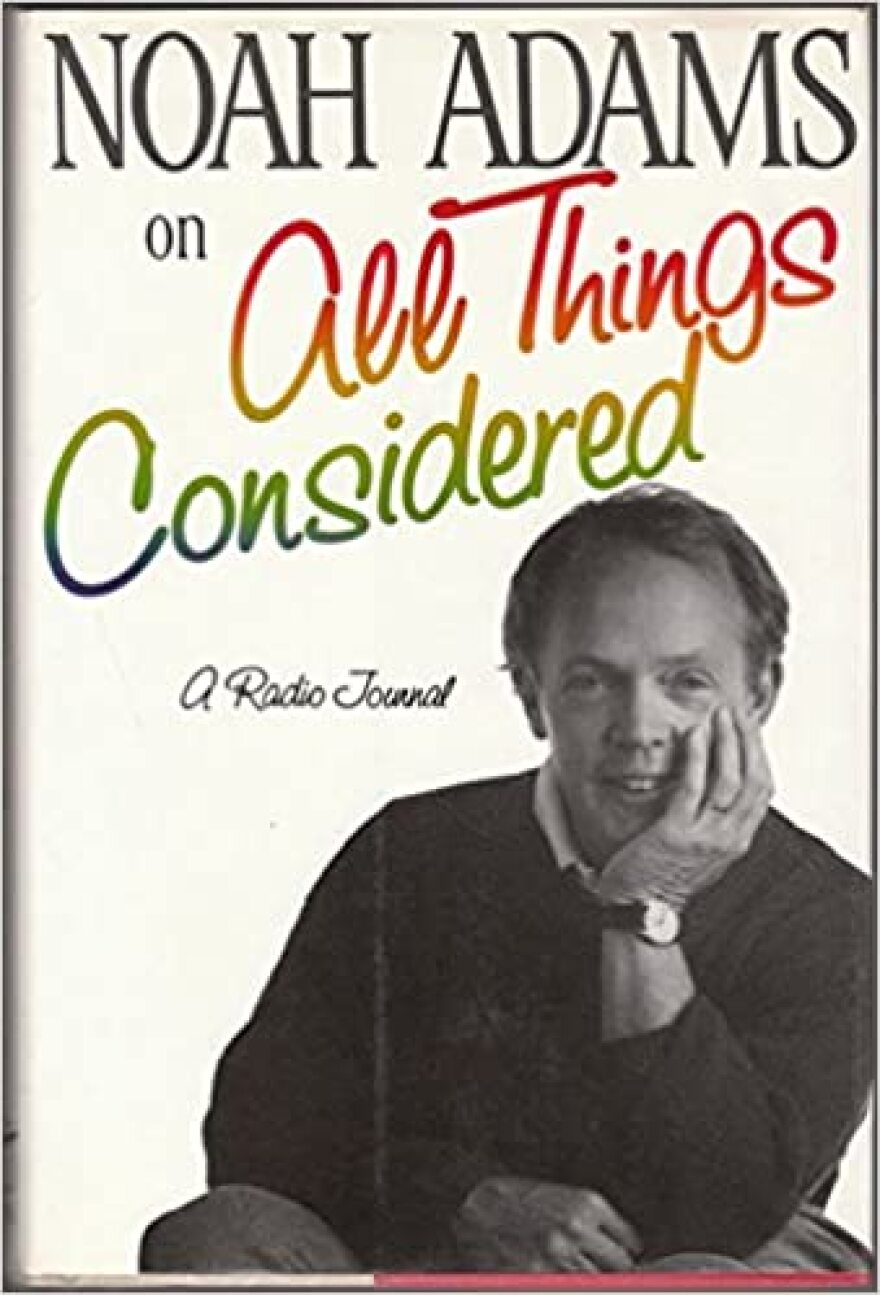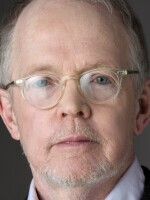On May 3, 1971, 50 years ago, All Things Considered went on the air from National Public Radio in Washington DC. It was the networks’ first broadcast and it was certainly a news day in Washington.
If your listening memory goes back a few decades, you’ll recognized the voice of Noah Adams – he was a co-host of All Things Considered, starting in 1982. He’d come from a member station in Kentucky and started in Washington as a writer and tape editor. These days he lives in Yellow Springs.
Here in Ohio, trying to finish a good night's sleep, I sometimes still have the same scary dream I was hoping to leave totally behind. In the dream I'd be out on the streets in downtown Washington, D.C. It would be kind of dark and rainy, and the ATC theme music is playing. The program is starting without me! I'm about 10 blocks away frantically trying to get to the studio and well of course, then I would wake up safe in the bed, but a bit shaky.
I'd much rather have the pleasant memory of our program's morning meeting. There's the table, there's a big whiteboard on the wall. The first thing, find a seat, spread out your papers, notes, coffee. The program is two hours to fill. Your friends are with you. Some are laughing, some are not. You've got seven hours to get it done. That is every day.

I once had been a rock and roll nighttime deejay in a small market, and I thought it was great. I knew what the week's top five records would be because I was the one who picked them. But commercial radio in the late sixties didn't seem to be worthwhile. So I volunteered to do a progressive rock midnight FM show for WBKY at the University of Kentucky. "Play what you want," they said, "then lock it up at two a.m." And then I did a documentary about a project that would create another lake by building a dam on the Red River. There was a lot of opposition to this, and I sent that story to thirty stations around Kentucky. Eventually, the plans were put on the shelf and the Red River Gorge today is just fine.
That kind of thing looked good in the second paragraph of my job application to NPR. I had been suspended from a college, but nobody mentioned that. I joined the All Things Considered staff and moved to Washington and there, in the morning meeting, you would pay attention to all the mysteries out in the world. You'd have a deep curiosity about the yearning. You'd notice who was in trouble, why. What does Washington mean?
Sometimes these days, maybe out for a walk after dark, maybe once or twice a year, I'll remember being on the air for the many hours of 9/11. You'd have TV monitors, the staff bringing you bulletins, your reporters calling in from the U.S. and around the world, and sometimes you would just talk to the public radio audience, feeling a presence, hoping to share real information. Sometimes I can remember the way the microphone looked and my quiet and slow breathing. That, in a way, through the day and into the night, that was a morning meeting, helped by NPR and now, hundreds of member stations with news rooms, and millions of listeners.
NPR contributing correspondent Noah Adams and his wife, Neenah Ellis, executive director of the Eichelberger Center for Community Voices, have lived in Yellow Springs since 2009.


